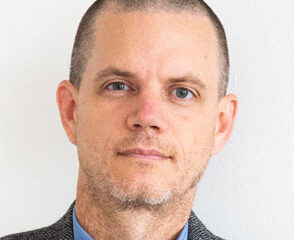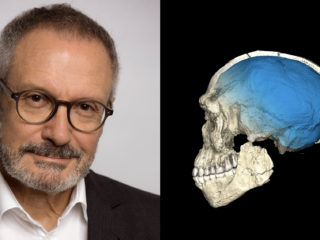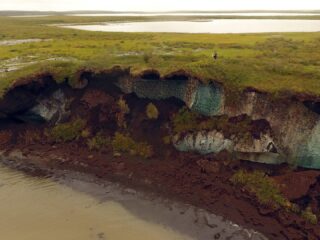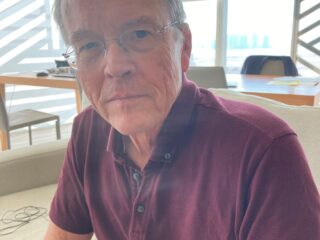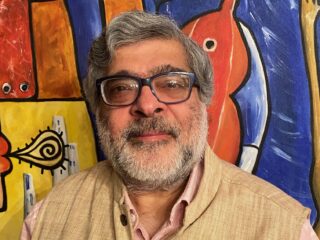Tokyo College Symposium: “Beyond Corona Crisis” ⑤SDGs

On Tuesday, June 30, Tokyo College held an online symposium on the theme of “SDGs,” the fifth in the “Beyond Corona Crisis.”
Professor Takashi Mino (Tokyo College Project Professor), who served as moderator, introduced the 17 Sustainable Development Goals (SDGs) that humankind must achieve by 2030. These include: social goals relating to poverty, welfare, equality, and education; economic goals relating to economic growth, technological innovation, and urban development; and environmental goals relating to climate change, as well as conservation at sea and on land. He talked about the post-coronavirus society and SDGs, as the theme of the symposium, and explained the relationship between features of the coronavirus crisis and SDGs.
In a presentation titled “SDGs and Covid-19” Professor Taikan Oki (Senior Vice Rector, United Nations University) stated that, from the perspective of the United Nations, Covid-19 would not be an excuse for failing to achieve the SDGs by 2030. He stressed the importance of every country uniting in our global economy to make the whole world more resilient in the face of infectious disease, and suggested that supplying the whole world with a vaccine fairly will be a test of our abilities.
Associate Professor Yuto Kitamura (Graduate School of Education, the University of Tokyo) gave a presentation titled “Rethinking SDGS in a With/Post-Coronavirus Society from the Perspective of Education: Social stability and the nexus of education and health.” With particular reference to Goal 4 (“Ensure inclusive and equitable quality education and promote lifelong learning opportunities for all”), he spoke of the concern from the standpoint of pedagogy about the loss of learning opportunities, widening disparities, worsening abuse, and aggravation of health problems caused by Covid-19. Professor Kitamura stated that flexible learning opportunities that contribute to social change is important in achieving equal, equitable, and inclusive education.
In a presentation titled “SDGs and Equitable Sustainability in the ‘New Normal’,” Associate Professor Mayumi Fukunaga (Graduate School of Frontier Sciences, the University of Tokyo) spoke of the need to consider real individual narratives before moving on to “scientific evidence” and “statistics,” based on the ideal of “No one left behind.”
| Date(s) | Tuesday, 30 June 2020, 3:00-4:30 pm |
|---|---|
| Venue |
Tokyo College YouTube Channel ( https://youtu.be/MyrUL-BBfe8 ) |
| Language | Japanese language only |
| Abstract |
SDGs is one of the six themes we have set to consider in thinking about the “Corona Crisis” and the future world. Experts from the discipline will discuss this theme in a round table. The aim of Sustainable Development Goals (SDGs) is to focus attention on vulnerable parts of society. Covid-19 could be said to have hit these weak points in society. Furthermore, just as the dilemma between epidemiological necessity and economic activity stood out in our responses to the pandemic, many other issues dealt with by SDGs, such as those relating to culture and human rights, have been exposed as connected to the coronavirus crisis. At this round-table discussion, we will consider what can be learned from using the SDG framework to look at the coronavirus crisis, and use SDGs to attempt to identify some important perspectives for a post-corona society. |
| Program |
Coordinator: Takashi Mino(Tokyo College Project Professor) YouTube Live Streaming➤ https://youtu.be/MyrUL-BBfe8 |
| Organized by | 東京大学国際高等研究所東京カレッジ |



